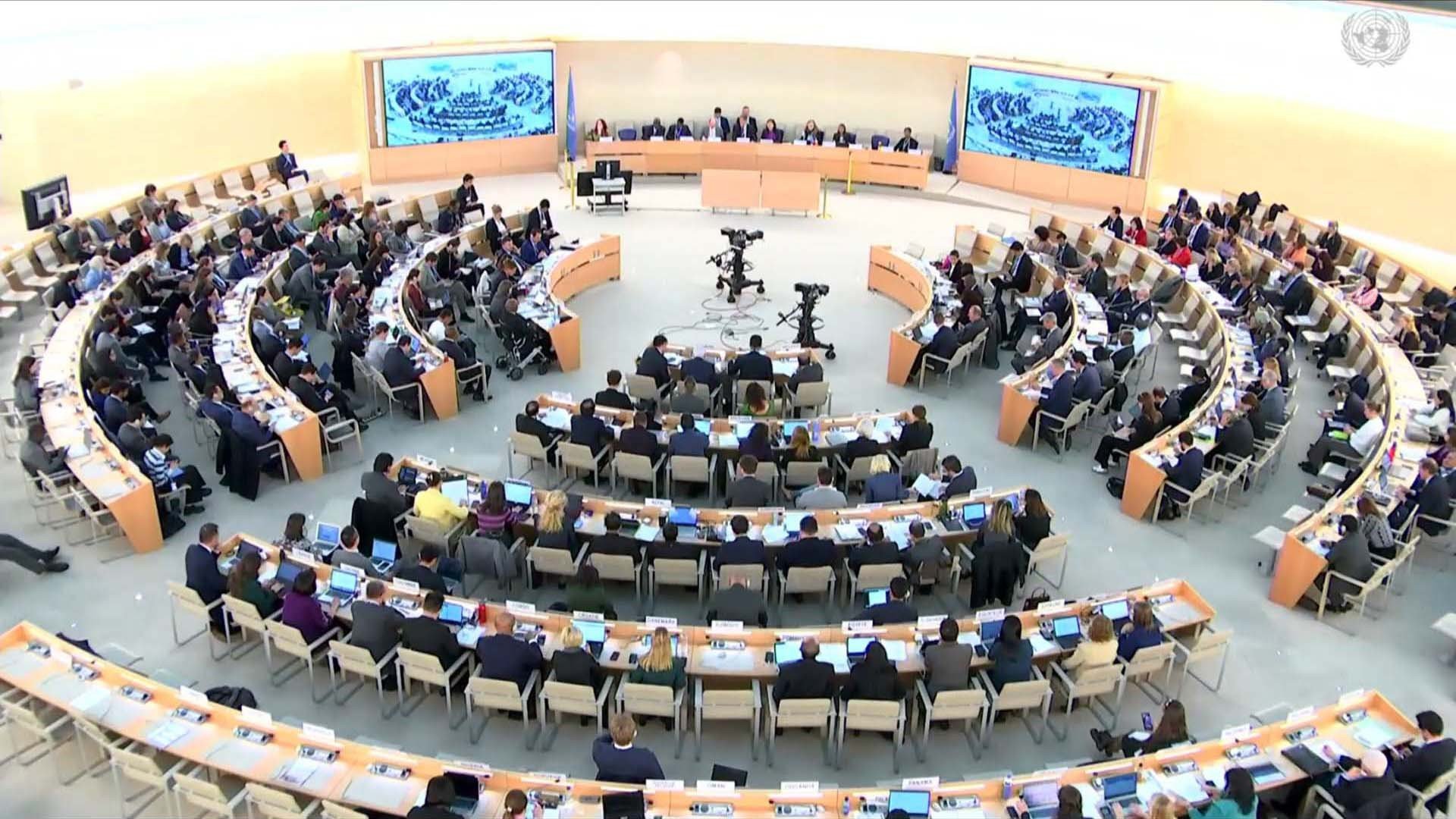 |
| The United Nations Human Rights Council adopted a resolution proposed and drafted by Vietnam on the 75th anniversary of the Universal Declaration of Human Rights and the 30th anniversary of the Vienna Declaration and Programme of Action. (Photo: QT) |
The Resolution of the United Nations Human Rights Council (HURC) on the 75th anniversary of the Universal Declaration of Human Rights (UDHR) and the 30th anniversary of the Vienna Declaration and Programme of Action, proposed and drafted by Vietnam, was adopted by consensus at the 52nd session of the UNHRC on April 3, 2023.
Common measure for all nations
The Universal Declaration of Human Rights was adopted by the United Nations General Assembly on December 10, 1948, in Paris, France. The drafting of this Declaration was carried out from 1947 to 1948 under the decision of the United Nations Human Rights Commission (the predecessor of the Human Rights Council established in 2006), with the contribution of many jurists and diplomats from many countries in different regions of the world, including a number of female delegates.
The content of the Universal Declaration of Human Rights announced by the General Assembly of the United Nations is a common measure for all peoples and nations to evaluate the implementation of fundamental human rights and freedoms as natural rights, so that every individual and social group always keeps this Declaration in mind, strives to promote respect for these fundamental human rights and freedoms through dissemination and education , and by national and international measures strives to ensure universal recognition and effective implementation of these rights and freedoms for all peoples in UN member states and territories under their jurisdiction (noted in the Preamble of the Universal Declaration of Human Rights).
| "The UDHR is the first global international document and the foundation of international law on human rights, along with the birth of international treaties built later specifically regulating human rights widely recognized in the world". |
The TNQTNQ has now been translated into 555 languages and continues to be translated into other languages to enhance the dissemination, promotion and protection of human rights.
The UNCRC includes 30 articles, which recognize basic human rights as natural rights, including personal rights such as: the right to life, freedom, equality, non-discrimination; the right not to be enslaved; the right not to be tortured; the right to equality before the law; the right to social security, a decent standard of living, the right to care for mothers and children... At the same time, the UNCRC also limits rights and freedoms, states the obligations of individuals to society and prohibits the abuse of rights and freedoms for purposes contrary to the goals and principles of the UN.
The UDHR is the first global international document and the foundation of international law on human rights, along with the birth of international treaties built later specifically regulating human rights widely recognized in the world, including 9 basic Conventions: the Convention on the Elimination of All Forms of Racial Discrimination 1965 (CERD), the International Covenant on Civil and Political Rights 1966 (ICCPR), the International Covenant on Economic, Social and Cultural Rights 1966 (ICESCR); Convention on the Elimination of All Forms of Discrimination against Women 1979 (CEDAW), Convention against Torture and Other Cruel, Inhuman or Degrading Treatment or Punishment (1984), Convention on the Rights of the Child (1989), Convention on the Protection of the Rights of All Migrant Workers and Members of Their Families (1990), Convention on the Protection of All Persons from Enforced Disappearance (2006), Convention on the Rights of Persons with Disabilities (2007).
The 1982 UN Human Rights Declaration has a vision for the future and noble values, and is an expression of the will of UN member states to respect and implement human rights. The 1982 UN Human Rights Declaration has affirmed the fundamental and inviolable values of human beings, created the foundation for international law on human rights, and guided countries and humanity towards a world of peace, justice, and development.
After 75 years of its birth, the UDHR continues to be recognized by countries around the world and the international community as a historical document of great significance for the recognition and protection of human rights worldwide, as affirmed in the preface of the above-mentioned commemorative resolution of the UDHR earlier this year.
A Manifesto Comes to Life
TNQTNQ has great and widespread significance and impact in promoting the development of international and national legal frameworks, institutions, international and national agendas, as well as practices in promoting and protecting human rights worldwide. The following major achievements can be mentioned:
The UN Human Rights Council has promoted the development and improvement of the international legal framework as well as national laws, human rights mechanisms, concretizing and developing the content of human rights in many fields to protect specific human rights in general and the rights of vulnerable groups, such as women, children, ethnic minorities, people with disabilities, migrants, etc.
At the international level, a series of international treaties on human rights have been established, including Conventions and Protocols, creating an international legal framework for the implementation of human rights in various fields globally; arousing the movement to liberate colonial peoples, the movement to eliminate racism, and promote social justice; promoting the creation of a system of international human rights mechanisms, including international agencies, mechanisms and standards to ensure and promote human rights.
Countries have made great achievements in implementing human rights in a wide range of areas around the world, as recognized in the Universal Declaration of Human Rights and related international treaties, contributing to many improvements in living standards, health, education, labor, and social security of people around the world.
Human rights is one of the three pillars of the United Nations along with peace, security and development; it has become a focus in the global dialogue on peace, security and development. There have been many policies, programs and activities of state agencies, the United Nations and specialized international organizations and non-governmental organizations in improving living conditions and enhancing the quality of life of all people. One of the highlights is that the Leaders of Governments at the United Nations General Assembly adopted the Millennium Development Goals (MDGs) towards 2015 and the Sustainable Development Goals (SDGs) towards 2030 (UN Agenda 2030).
It is important to emphasize that the implementation and achievements of previous MDGs and current SDGs are closely linked to the guarantee and promotion of human rights in practice...
However, the CRC still has limitations that cause certain difficulties in implementation, including the fact that the CRC is not legally binding and does not have an effective enforcement mechanism. Therefore, compliance with the CRC depends on the will and voluntary commitment of each country, as well as the specific commitments of the country in the relevant international treaty. The CRC has not yet fully reflected the diversity and richness of values, perspectives and traditions on human rights in the world.
In addition, some new rights have been promoted recently through international political declarations or in the legal systems of countries, such as the rights of LGBT people (gays, lesbians, bisexuals or transgenders), the right to live in a healthy environment, etc. Recognizing these rights in addition to the Universal Declaration of Human Rights is an inevitable requirement of the reality of the world situation over the past 75 years as well as in the coming period, in order to reflect the diversity and richness, as well as the development of human rights.
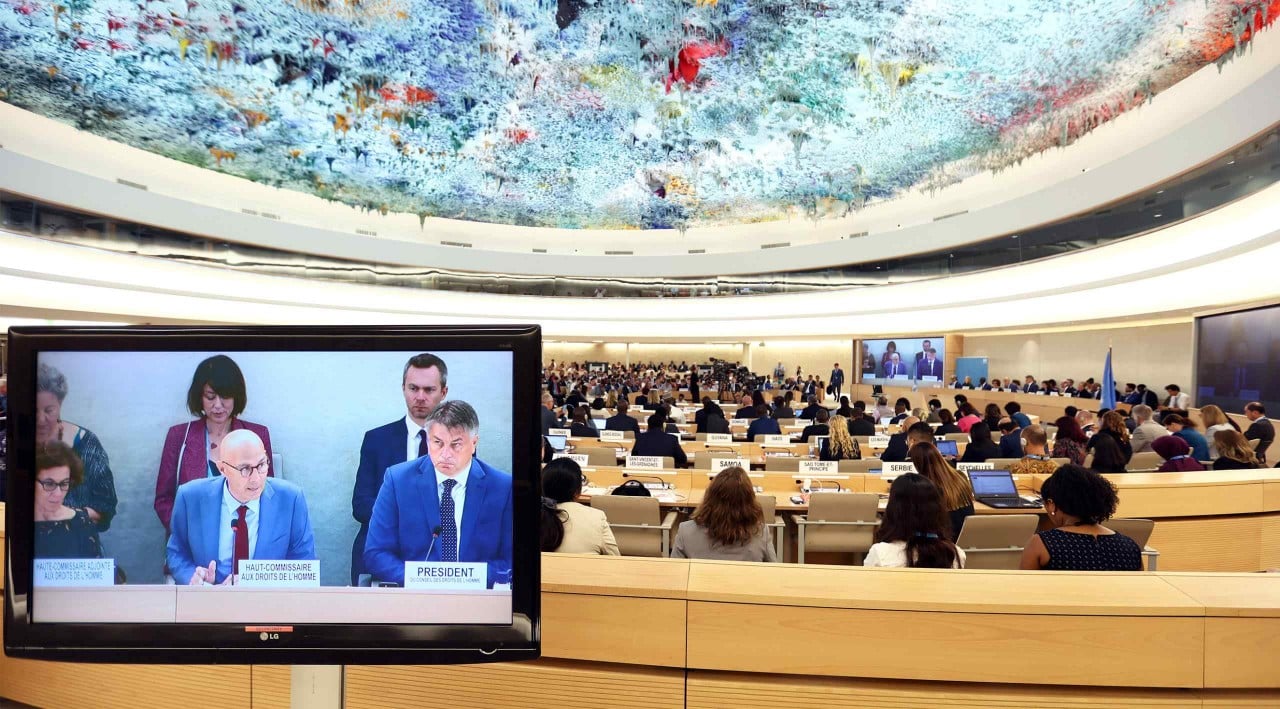 |
| United Nations High Commissioner for Human Rights Volker Turk delivers the opening speech at the 54th Session of the United Nations Human Rights Council (HURC) in Geneva, Switzerland. (Source: AFP) |
There are still challenges, there is still need for effort.
After 75 years of adopting the Universal Declaration of Human Rights, human rights are recognized as one of the core values of mankind and one of the important criteria for assessing the development of a country and region.
The common human rights issues facing countries include the following:
Firstly, differences in perception of human rights standards still exist between countries, groups of countries, regions, and even among people within a country, mainly due to differences in socio-economic development levels, historical, political, cultural, religious, belief, customary and traditional issues, thus leading to different perspectives, practices and priorities in promoting and protecting human rights. This requires countries to improve policies, laws, education and dissemination of human rights on the basis of international human rights and relevant international conventions.
Second, urgent global challenges such as climate change, natural disasters, wars, conflicts, terrorism, epidemics, migration, human trafficking, cyber security, food security, biosecurity... increase inequality, racism, gender discrimination, unfairness especially in access to vaccines and medical equipment, digital technology gap, have been and are greatly affecting the enjoyment of human rights of millions of people around the world, in terms of life, health, property, honor...
Third, the challenges and potential risks of human rights violations in the context of advanced technological development such as information technology, digital technology, artificial intelligence, changes in new trends and requirements on human rights, although advanced technological developments bring many opportunities and benefits to people... require countries and international organizations to have policies and measures to regulate, manage, balance related interests and ensure human rights.
Fourth, anti-government activities exploit human rights issues by organizations and individuals with ill will and extremists, through the release of reports with false information, reducing the prestige of the achievements in human rights progress that many developing countries have worked hard to achieve. These activities have partly negatively impacted the international community's awareness of the efforts to ensure human rights of developing countries.
Fifth, awareness and capacity to promote and protect human rights still have certain limitations in implementing legal regulations, policies, socio-economic and cultural programs, especially for vulnerable population groups in localities and countries, requiring continued improvement and consolidation to ensure more effective implementation.
In addition to the general challenges of human rights, there are also some specific human rights issues in some countries and regions around the world. Challenges in human rights hotspots due to political crises, armed conflicts, violence, terrorism, in which countries still have different views on assessment and solutions. For example, the human rights situation in Myanmar, Sri Lanka and some other countries has not ended, requiring countries, relevant regional organizations and the Human Rights Council, the United Nations to make more active efforts to coordinate and find appropriate solutions to help thoroughly resolve and improve the human rights situation in hotspots.
Source






![[Photo] Cutting hills to make way for people to travel on route 14E that suffered landslides](https://vphoto.vietnam.vn/thumb/1200x675/vietnam/resource/IMAGE/2025/11/08/1762599969318_ndo_br_thiet-ke-chua-co-ten-2025-11-08t154639923-png.webp)

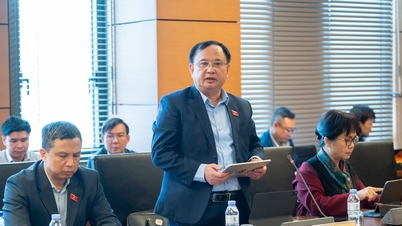

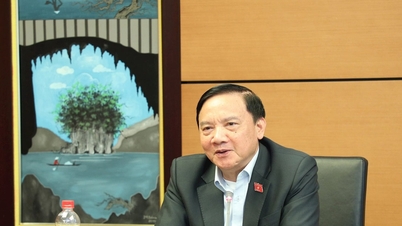
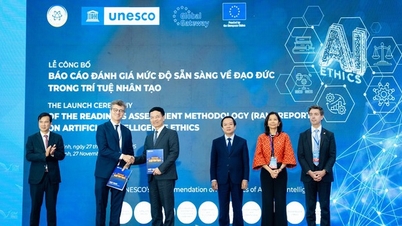

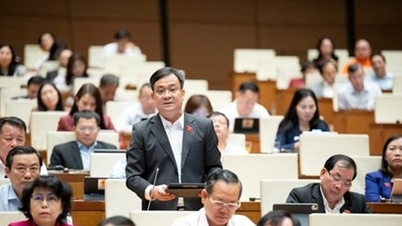

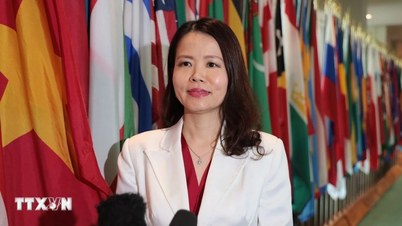

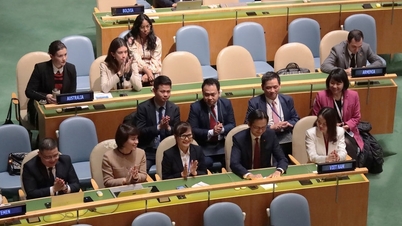














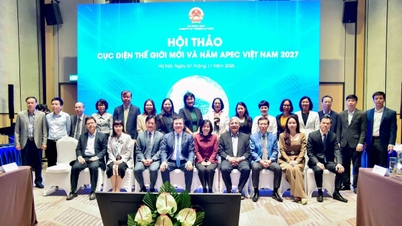
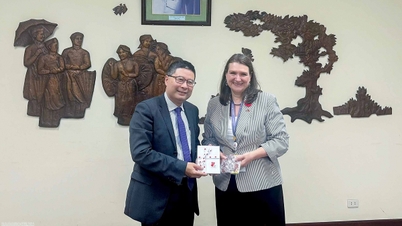
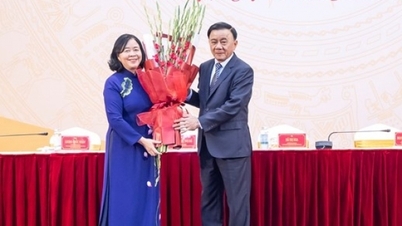

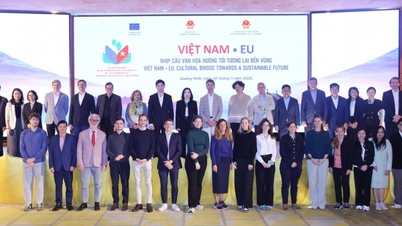
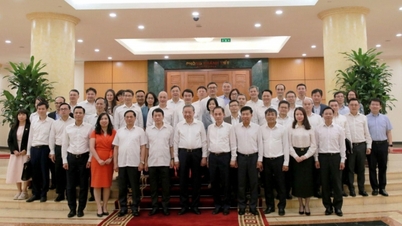







![[Video] Hue Monuments reopen to welcome visitors](https://vphoto.vietnam.vn/thumb/402x226/vietnam/resource/IMAGE/2025/11/05/1762301089171_dung01-05-43-09still013-jpg.webp)













































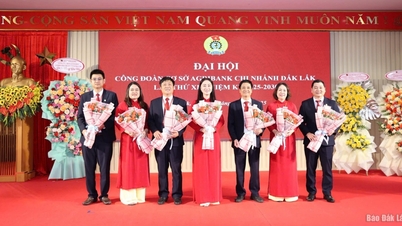



















Comment (0)